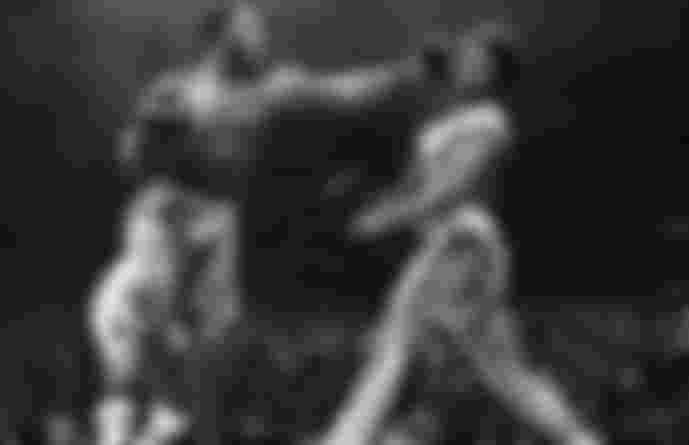Parkinson's...
In 1978, Muhammad Ali, the greatest boxer in history starting finding it difficult to speak before he suddenly stopped talking. Then in 1984, three years after he retired from professional boxing with a record of 56 wins and remarkable 37 knockout, Muhammed Ali was diagnosed with Parkinson's disease. He was 42 years old at the time.

Muhammad Ali continued to suffer from a steady level of physical decline which is a characteristic of this ailment . Sometimes, his hands would not swing when he walks .
What was more disheartening was that he was attacked by this disease at a relatively young age. It was no doubt that his active and highly successful career as a professional boxer had hasten the onset of the disease.
Parkinson's disease is a degenerative disorder that mostly begins at manifest at the age of 60 when some brains cell located at the begins to die.

We all know that the brain is responsible for movement. well, I mean, the brain controls and coordinates movement .
Now, it happens that some of these brain cells (or neurones) located at a part of the brain known as substantia nigra responsible for the production of dopamine, a chemical messenger which transmits signals to the part of the brain that initiates movement, the basal ganglia.
The great Muhammad Ali, for years had absorbed so much punches at the side of the head where the substantia nigra was located. Consequently, this area deteriorated over time leading to the decrease in the production of this important chemical messenger.

A very common sign of Parkinson's disease is a continual shaking of the hands, legs and as well as slurring of speech. These symptoms vary from person to person depending on the extent of damage to the substantia nigra.
Well, Parkinson's disease does not entirely takes a person's ability to move but will significantly hamper your movement.

In severe cases, a person wouldn't be able to walk straight, even simple tasks like writing, making a cup of tea or dressing up becomes difficult when the shaking and tremors becomes more pronounced. He or she might also find it difficult in standing up after getting seated as a result of slow movements due to stiffness of the limbs. Such a person might need a wheelchair




There are so many serious ailments out there. This is my first time of hearing Parkinson's What's it's difference with stroke